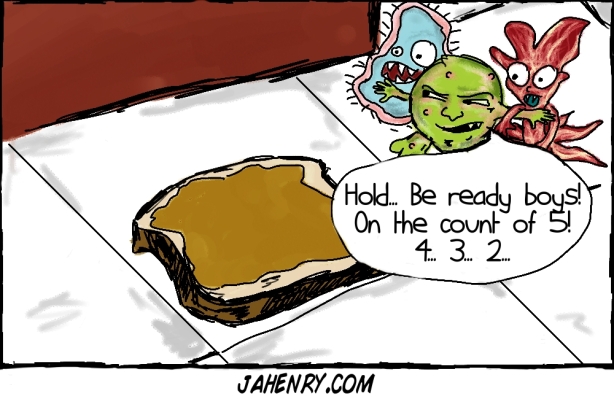
Source: Geek
Nicole Kell
Many of us have heard that if you swallow chewing gum, it takes your body seven years to digest. Is this actually true? Do we all have pieces of gum sitting in our digestive tract for years and years?
The human digestive system can break down, utilize, and/or dispose of almost everything we consume. Technically chewing gum will not break down entirely because the synthetic portion is not digestible. However, the digestive system will eventually identify gum as nutritionally useless, move it along through normal intestinal activity, and expel it from the body. Chewing gum usually stays in your body for less than a week.
It is harmless to swallow an occasional piece of gum, but if a remarkable amount of gum is repeatedly swallowed then it can potentially lead to a bowel obstruction. Swallowing gum also poses a very slight choking hazard.
Even though gum does not stay in the human body for seven years after being swallowed, it might be wise to refrain from swallowing your gum to avoid a potentially sticky situation.
http://tristanmed.com/blog/entry/the-truth-about-swallowing-gum
https://www.mayoclinic.org/digestive-system/expert-answers/faq-20058446
https://kidshealth.org/HospitalSantJoandeDeu/en/kids/swallowed-gum.html

